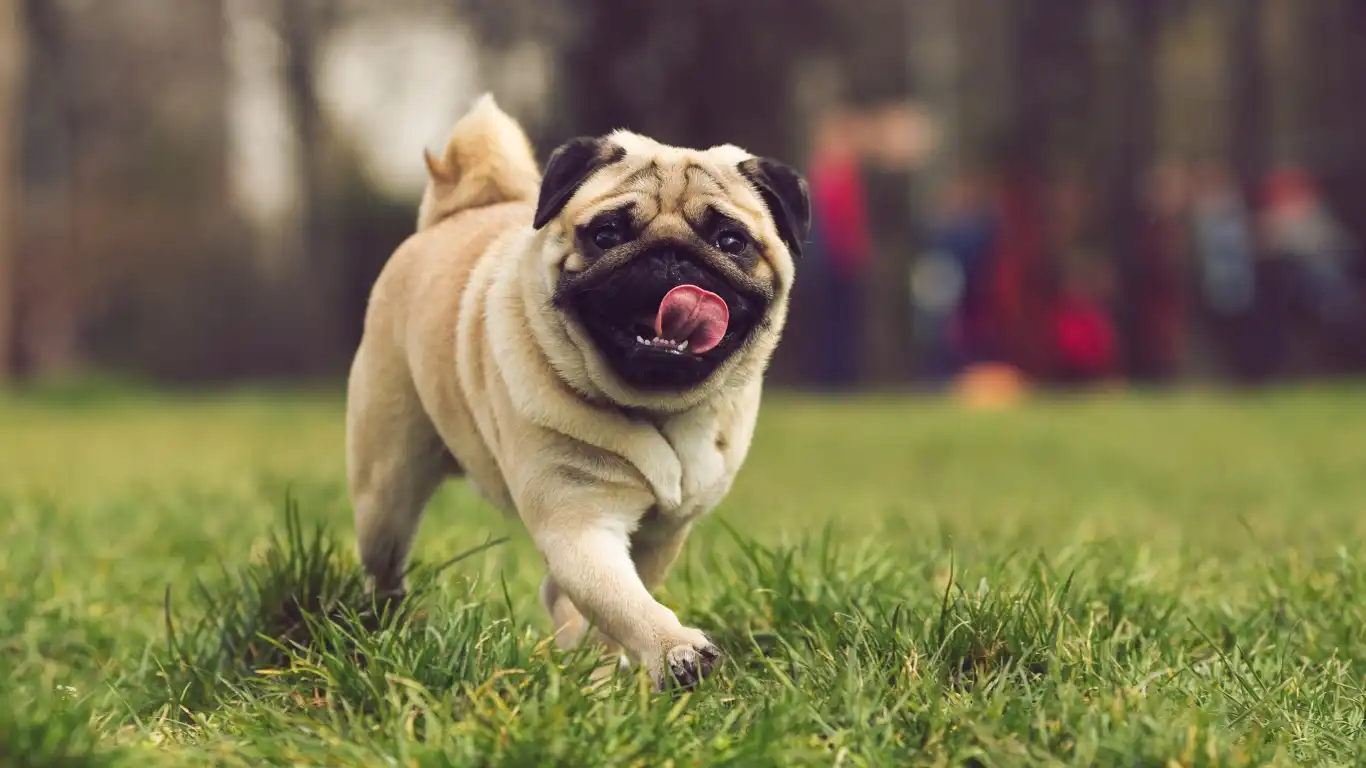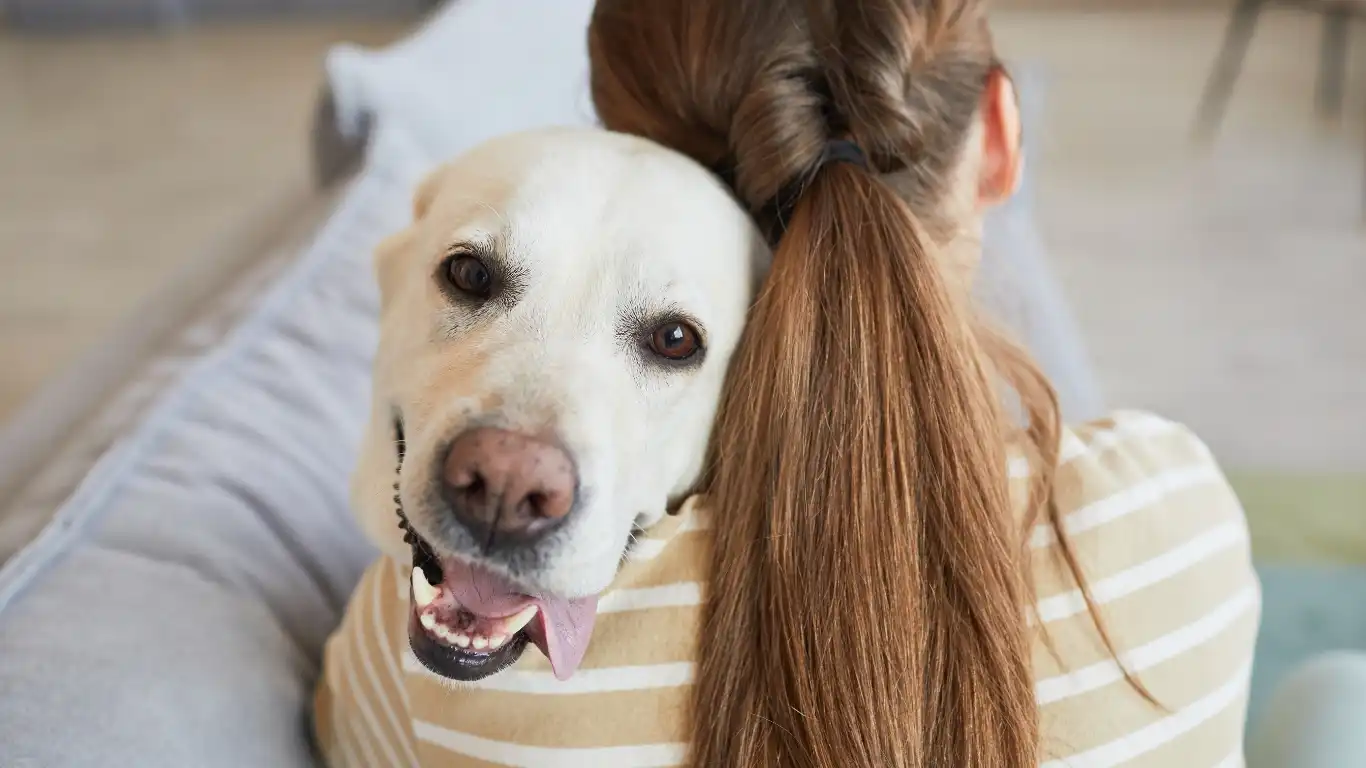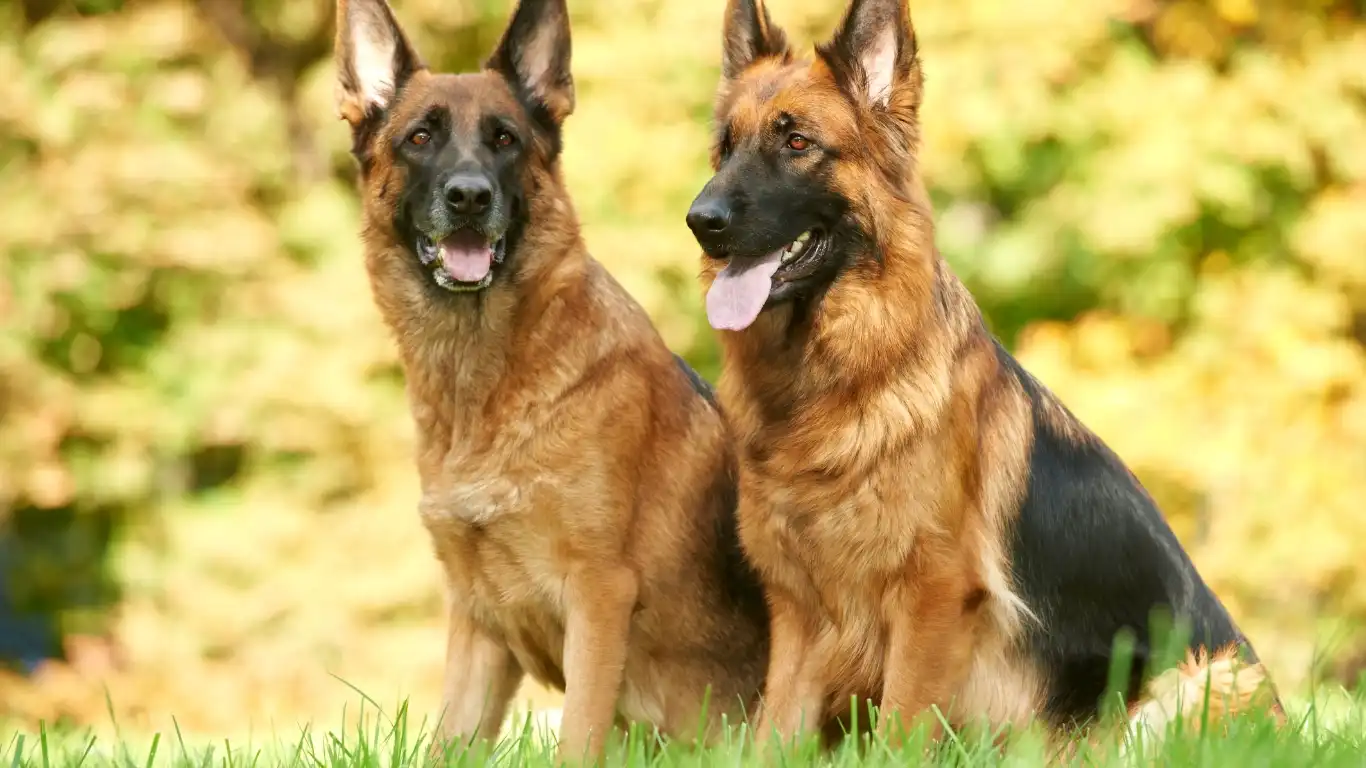Why Can Dogs Eat Hard-Boiled Eggs Is a Good Thing for Pet Health
When it comes to feeding our furry friends, it’s easy to get overwhelmed by all the do’s and don’ts floating around out there. As a Veterinary Technician specializing in nutrition, I’ve seen firsthand how small changes in diet can make a huge difference in a dog’s overall health and happiness. One surprisingly simple and nutritious snack that often gets overlooked? Hard-boiled eggs. You might wonder, “Can dogs eat hard-boiled eggs?” Spoiler alert: not only can they, but it’s actually pretty great for them. Let me walk you through why hard-boiled eggs can be a fantastic addition to your dog’s diet and what to keep in mind.
Why Hard-Boiled Eggs Are a Nutritional Powerhouse for Dogs

Eggs have long been a staple in human diets, packed with protein, vitamins, and minerals. But dogs? They benefit just as much, if not more, from these little nutritional gems. Eggs provide a rich source of high-quality protein, which is essential for muscle repair and growth, especially if your pup is active or recovering from illness. What I find fascinating is that eggs contain all nine essential amino acids, making them a “complete” protein source – something that’s super valuable in a dog’s diet.
Besides protein, hard-boiled eggs offer:
- Vitamins A, D, and B12: Vital for healthy skin, coat, vision, and brain function.
- Riboflavin and folate: Help support energy production and red blood cell formation.
- Minerals like iron, selenium, and zinc: Important for immune system strength and overall metabolism.
In my experience working with pets who had nutritional deficiencies, adding eggs in moderation helped improve their coat shine and energy levels remarkably fast. It’s like a little natural boost without the filler ingredients found in some commercial dog treats.
Hard-Boiled Eggs vs. Raw Eggs: Why Cooking Matters

One question I get all the time is whether it’s okay to feed dogs raw eggs. While raw eggs might sound like a natural treat, there are some risks involved. Raw eggs carry the potential risk of salmonella or E. coli, which can cause upset stomachs or more serious health issues in pets—and humans alike.
Cooking eggs, specifically hard-boiling, eliminates these risks while preserving most of the nutritional goodness. The hard-boiling process also makes eggs easier to digest for dogs, especially for pups with sensitive stomachs or those new to eggs in their diet.
From my years in veterinary care, I always recommend hard-boiled eggs over raw to pet owners because it’s the safest way to enjoy all the benefits without any downside. Plus, they’re super convenient to prepare and store — perfect for busy pet parents!
How to Safely Introduce Hard-Boiled Eggs into Your Dog’s Diet

Introducing any new food to your dog requires a bit of care, and eggs are no exception. Here are some quick tips I share regularly:
- Start Small: Begin with a small piece of hard-boiled egg to make sure your dog doesn’t have any sensitivities or allergies.
- Moderation is Key: Eggs are nutrient-dense, so a little goes a long way. Feeding one egg a few times a week is plenty for most dogs.
- No Additives: Avoid adding salt, pepper, or any seasoning that could upset your dog’s tummy.
- Watch for Reactions: Keep an eye out for any changes in digestion or skin after introducing eggs, and consult your vet if anything unusual pops up.
Personally, I always remind dog owners that every pup is unique. What works wonderfully for one dog might need tweaking for another. That’s why patience and observation during new food introductions are so important.
Common Concerns About Feeding Dogs Hard-Boiled Eggs

Despite all the benefits, I know a lot of pet parents hesitate to add eggs to their dog’s diet. It’s totally understandable — you want to be sure you’re not doing more harm than good. Let’s talk through some of the common worries I hear, and why most of them aren’t as scary as they seem.
Will Eggs Cause Allergies?
Food allergies are definitely a thing in dogs, and yes, some pups can be allergic to eggs. But in my experience, egg allergies are relatively rare compared to other common allergens like beef or chicken. Usually, if a dog has a sensitivity, it shows up as itching, skin redness, or mild digestive upset.
When introducing eggs, I always recommend watching for these signs for a week or so. If your dog shows any unusual scratching, ear infections, or tummy troubles, stop the eggs and talk to your vet. But for most dogs, eggs are perfectly safe and well-tolerated.
Could Eggs Lead to Weight Gain?
This is a question I get a lot from owners trying to keep their dogs trim. Eggs do have calories — a large hard-boiled egg has about 70 calories — but when fed in moderation, they don’t usually cause weight issues. In fact, the high protein content can help dogs feel fuller longer, which might even aid in weight control.
From a nutrition standpoint, eggs are a nutrient-dense food, meaning your dog gets a lot of benefit for relatively few calories. The key is balancing eggs with the rest of their diet. If your dog is overweight or has specific health issues, it’s best to chat with your vet about how eggs fit into their overall meal plan.
What About the Cholesterol in Eggs?
This one trips up a lot of dog parents because cholesterol is often demonized in human diets. But here’s the thing: dogs process cholesterol differently than we do. Unless your dog has a diagnosed health condition that requires a special diet, cholesterol from eggs isn’t usually a concern.
In fact, the healthy fats found in eggs support brain function and skin health. I’ve worked with senior dogs who benefited from the extra fat and protein in eggs, helping keep their joints and coats in good shape. Of course, moderation is important — like anything, don’t go overboard.
Creative Ways to Serve Hard-Boiled Eggs to Your Dog

Now that you know eggs are safe and nutritious, you might be wondering how to make egg time more exciting for your dog. From my time at the clinic and chatting with pet parents, here are some easy, fun ways to add hard-boiled eggs to your pup’s routine:
- Simple Egg Chunks: Just chop up the egg and toss it over their regular kibble as a tasty topper. It’s an instant flavor upgrade, and most dogs go crazy for it.
- Egg and Veggie Mix: Mix chopped eggs with steamed carrots or green beans for a crunchy, colorful treat packed with fiber and nutrients.
- Frozen Egg Treats: Mash the egg with a bit of plain yogurt, pour into ice cube trays, and freeze for a cool snack during hot days.
- Stuffed in Toys: If your dog loves puzzle toys, stuffing small egg pieces inside can keep them mentally engaged while rewarding them with a healthy bite.
One thing I always tell pet owners is to avoid adding salt, butter, or any seasoning to eggs before feeding. Dogs don’t need those extras, and plain is always safest.
The Role of Hard-Boiled Eggs in Special Diets and Health Conditions

From puppies to seniors, dogs can benefit from eggs, but their needs can vary greatly. I’ve worked with dogs on different diets—from weight management plans to recovery from surgery—and eggs often play a helpful role.
Puppies and Growing Dogs
Puppies need high-quality protein to build strong muscles and develop healthy organs. Eggs are an excellent protein source that’s easy on their developing digestive systems. I often recommend introducing small amounts of hard-boiled egg once puppies are weaned and eating solid food, just to give them a natural nutrient boost.
Seniors and Dogs with Joint Issues
Older dogs tend to have slower metabolisms and might struggle to maintain muscle mass. Eggs’ combination of protein and healthy fats supports muscle maintenance and helps keep their coats shiny. Plus, eggs contain choline, a nutrient that supports brain health, which is especially important for aging dogs.
Dogs Recovering from Illness or Surgery
When a dog is healing, nutrition becomes even more crucial. I’ve seen eggs work wonders as a gentle yet nutrient-packed food that encourages appetite and aids recovery. Their digestibility means even sensitive pups can get the benefits without tummy troubles.
That said, every dog is different. If your dog has specific health issues like pancreatitis, kidney problems, or food allergies, always check with your vet before adding eggs or any new food to their diet.
Tips for Incorporating Hard-Boiled Eggs into Your Dog’s Routine

Now that you’re convinced eggs can be a healthy addition, let’s chat about some practical tips from my years as a Veterinary Technician specializing in nutrition. Making eggs a regular part of your dog’s life doesn’t have to be complicated.
Frequency and Portion Size
In my experience, moderation is the name of the game. For most dogs, feeding one hard-boiled egg two to three times a week is plenty to enjoy the benefits without overdoing it. Smaller dogs should get smaller portions — think a few chopped pieces rather than the whole egg. This helps avoid any upset stomachs or unnecessary calorie overload.
Use Eggs as Treats or Meal Enhancers
One thing I often recommend to busy pet parents is using chopped hard-boiled eggs as a tasty topper over their regular food. This simple trick can make mealtime more exciting and even encourage picky eaters to chow down. Also, eggs can be a healthier alternative to processed treats, especially if your dog is on a calorie-restricted diet.
Storage and Preparation
Hard-boiled eggs are super convenient because they can be prepped ahead of time and stored in the fridge for up to a week. Just keep them in a sealed container, and you’re good to go. This saves time on busy days and means you always have a quick, nutritious treat ready.
When to Avoid Eggs and Seek Veterinary Advice

Even though eggs are generally safe, there are certain situations where I urge pet owners to pause and check in with their veterinarian:
- Known Allergies or Sensitivities: If your dog has a history of food allergies, it’s wise to consult your vet before introducing eggs.
- Underlying Health Conditions: Dogs with pancreatitis, kidney disease, or specific metabolic issues may need specialized diets that exclude eggs.
- Sudden Dietary Changes: If your dog is already on a strict prescription diet, sudden changes should always be discussed with your vet to avoid complications.
- Digestive Upset: If you notice vomiting, diarrhea, or excessive gas after feeding eggs, stop feeding them and reach out to your veterinary team.
As a veterinary professional, I always emphasize the importance of individualized care. What works beautifully for one dog might not be ideal for another, so having a trusted vet’s input is invaluable.
Final Thoughts on Eggs as a Healthy Treat
Throughout my career, I’ve watched countless dogs thrive when their diet includes wholesome, nutrient-packed foods like hard-boiled eggs. They offer an affordable, easy-to-prepare source of protein and essential vitamins that support skin, coat, muscle, and brain health.
Feeding hard-boiled eggs to your dog isn’t just about nutrition; it’s also a chance to bond over a tasty snack that feels special but is totally natural. Just remember to start slow, keep portions reasonable, and always observe how your furry buddy reacts.
Adding eggs to your dog’s diet, when done thoughtfully, can be a small change that leads to big health perks. If you ever feel unsure, don’t hesitate to reach out to your vet or a qualified veterinary nutritionist. Your dog deserves the best, and so do you!
References
- American Veterinary Medical Association
- American Animal Hospital Association
- American College of Veterinary Nutrition
Disclaimer
This article is intended for informational purposes only and is not a substitute for professional veterinary advice, diagnosis, or treatment. Always consult your veterinarian before making any significant changes to your dog’s diet or health regimen.






